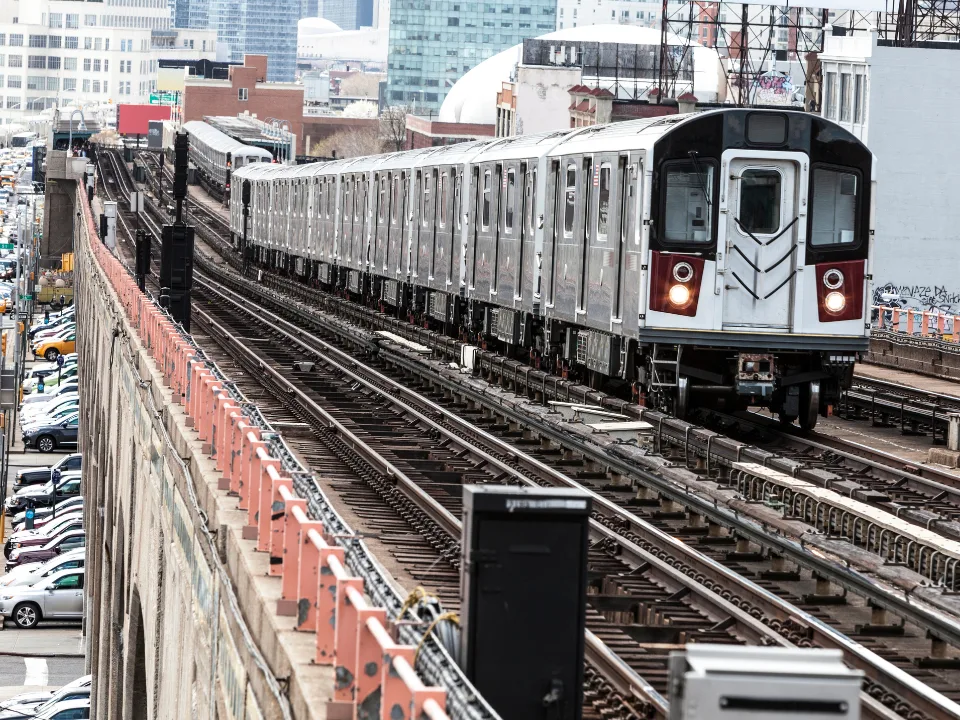- Bill Ackman believes Fannie Mae and Freddie Mac could exit conservatorship during the second Trump administration, a goal pursued during his first term but left incomplete.
- Ackman predicts that privatizing the two government-sponsored enterprises (GSEs) could generate over $300B in additional profits for the US government.
- Former Trump administration figures like Mark Calabria suggest privatization could take several years, but remains a strong possibility by 2027.
- The leasing surge signals continued demand for office space, particularly in high-access, newly developed areas, as tenants seek modern amenities.
Bill Ackman, CEO of Pershing Square Capital, believes that Fannie Mae (FNMA) and Freddie Mac (FMCC) could finally exit their long-standing conservatorship under a potential second term of Donald Trump.
In a recent post on X, Ackman explained in detail why he was confident that Trump’s team could accomplish what was started during his first term but left unfinished, as reported by GlobeSt. Here’s an excerpt:
Potential Path to Privatization
Ackman’s remarks point to a significant financial opportunity for both the government and investors. He believes privatizing Fannie and Freddie, both under government conservatorship since 2008, could add more than $300B in profits to the US Treasury—on top of the $301B they have already paid back.
Ackman, whose hedge fund has owned shares in both entities for nearly a decade, argues that removing the GSEs from conservatorship would also eliminate about $8T in liabilities from the federal balance sheet.
He outlined a vision for the GSEs’ financial future, proposing they would be required to hold capital equal to 2.5% of their outstanding guarantees—a level he deems a “fortress-level” balance sheet, positioning them more favorably than mortgage insurers with lower capital requirements.
Get Smarter about what matters in CRE
Stay ahead of trends in commercial real estate with CRE Daily – the free newsletter delivering everything you need to start your day in just 5-minutes
Imagining IPO Possibilities
Ackman predicts that, by the last quarter of 2026, Fannie and Freddie could be ready for an initial public offering (IPO), which would require raising $30B to meet the capital standard.
Specifically, Ackman forecast IPO shares would be priced around $31 each, with a potential value of $34 per share, offering considerable returns for investors.
However, he also cautioned there remains significant uncertainty surrounding his prediction, advising prospective investors to manage their exposure carefully.
From The Horse’s Mouth
Mark Calabria, the former head of the Federal Housing Finance Agency (FHFA) under Trump, has echoed Ackman’s belief in the possibility of privatization.
Speaking at a Community Home Lenders of America (CHLA) event, Calabria predicted that it could take several years for the transition to occur, but he estimated there is a 75% chance of privatization by 2027.
He also noted that privatization would not immediately change the GSEs’ implied government guarantee, which has remained a point of contention for capital markets.
Challenges, Uncertainty Ahead
Despite Ackman and Calabria’s optimism, there are significant hurdles to privatizing the GSEs, including Congressional action and evolving market conditions. The privatization process would take time, and while some believe it’s inevitable, others remain uncertain about its feasibility.
As the Trump administration potentially heads into its second term, the future of Fannie Mae and Freddie Mac remains one of the most closely watched financial stories in Washington. Its consequences for the housing market and the broader US economy will be felt for years to come.
















